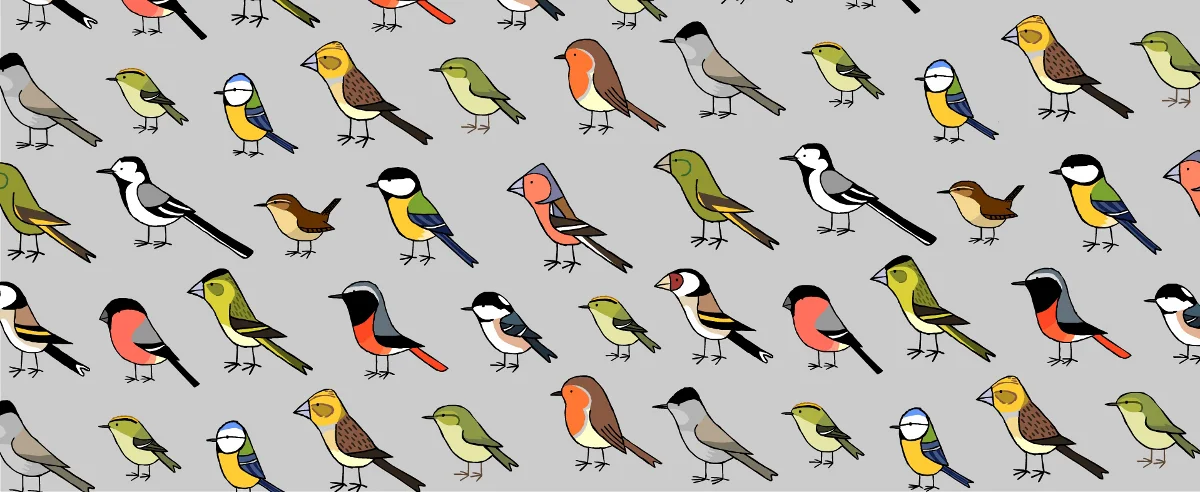This is the time of year when many of you are faced with several different challenges at feeding stations including chipmunks and raccoons, but the winner of the “most complained about feeder pests” category belongs to Grackles and Starlings.
When they are raising young they seek quick, easy food sources and will visit feeders in droves, eventually bringing their babies. Their size, numbers, and relentless presence will pressure other birds away from feeders. We recommend a variety of strategies to deal with their presence and lessen their impact. Follow some of these strategies and you may have acceptable results.
• Offer nothing but Safflower seed in the feeders most easily used by the intruders rather than sunflower, or blends with shelled seeds, shelled peanuts, and fruit. Safflower is smaller than sunflower and has a shape difficult for them to grasp, and a hard shell that Grackles and Starlings cannot crack open.
Caged feeder
Clinging bird feeder
• Limit opportunities. Offer only feeders that are difficult for a large bird like a grackle to use, for instance, small bird only, tube-type, or caged feeders. This will also limit Cardinals but they will be happy with safflower and with whatever falls to the ground. Tube-type feeders can be made more challenging by shortening perches. They are usually made of aluminum and easy to cut. Half a perch will present great difficulties for a Grackle and Starling but small birds will use them easily.
• Suet is a favorite food source during this time because it’s soft and easy to take large chunks. Removing the food source for a week may cause the problem birds to go elsewhere. There are caged-type suet feeders that allow access by smaller birds. Larger woodpeckers will learn to hang on the cage and reach into the feeder for the suet.
Caged suet feeder
Erva caged suet feeder
• Another thing to try is to take note of the timing of their visits. You can offer smaller amounts of food, like a third of a suet cake at a time, or just a cup of seed in a platform feeder so your desired visitors have a consistent food source for part of the day. When the problem visitors show up there is little or no food remaining.











